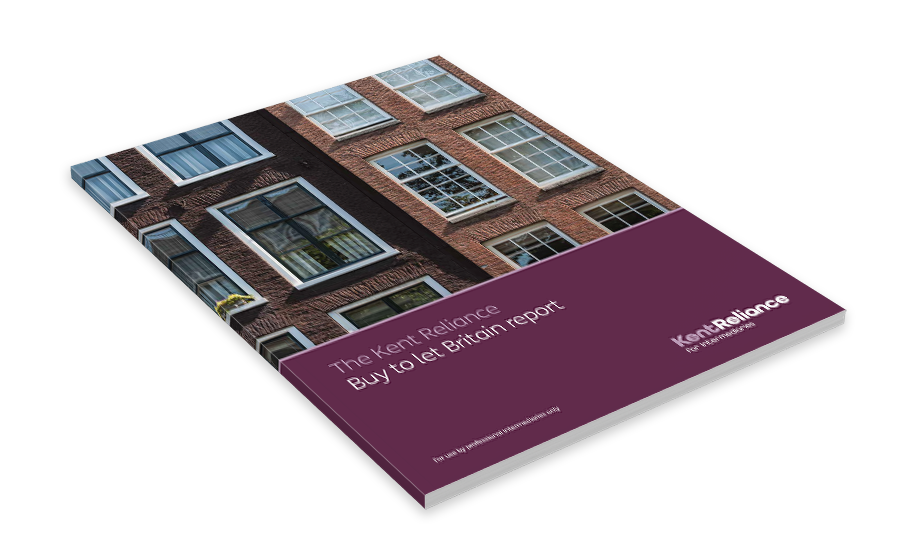Insights and events
back to Insights
Buy to let Britain
Edition nine
Published: 06.05.2019
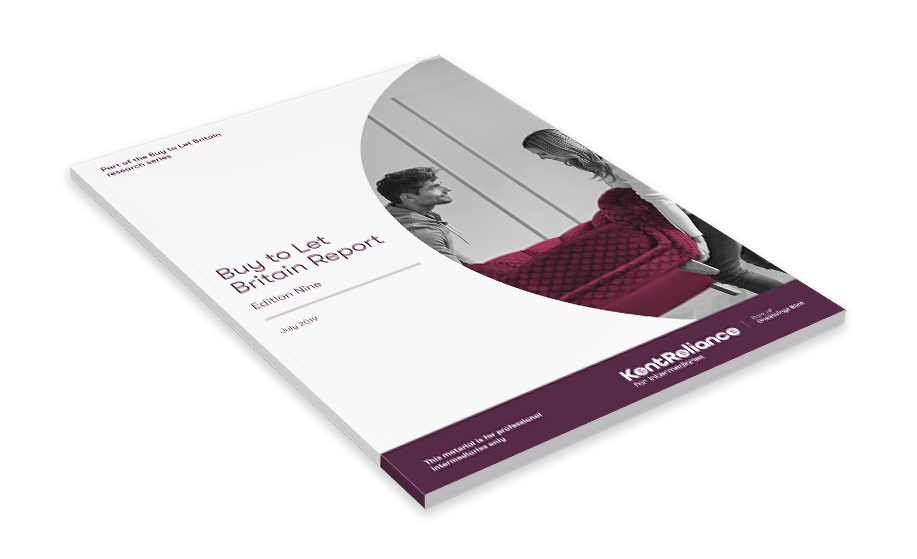
Against a backdrop of political uncertainty that’s driving economic uncertainty, government policy continues to distort the current housing market.
Incentives for first-time buyers such as Help to Buy have stimulated demand for homeownership, without tackling the underlying lack of supply across all tenures that would help reduce housing costs in the long term.
The private rented sector (PRS) is a case in point. Government policy has affected investors, particularly amateur landlords. Changes to mortgage interest tax relief and the stamp duty surcharge have pushed up costs, while tighter underwriting rules have made it more difficult for those seeking to expand their portfolio or indeed purchase their first buy to let property. These changes have understandably affected the sector’s growth, and investors’ confidence. The expansion of supply has slowed.
However, professional landlords haven’t stood idle. Holding property in a limited company structure is increasingly popular for portfolio landlords purchasing new assets, allowing for mortgage interest costs to be offset against annual tax bills. Indeed, according to Kent Reliance for Intermediaries’ (KRFI) own lending figures, 71% of buy to let lending for purchases in 2018 was via a limited company. Many landlords are also remortgaging to fix outgoings by taking advantage of historically low rates, or looking where else they can trim spending, as we detailed in our recent report The Finance of Investing.
Other Buy to let Britain reports
Buy to let Britain
Edition eight
11.05.2018
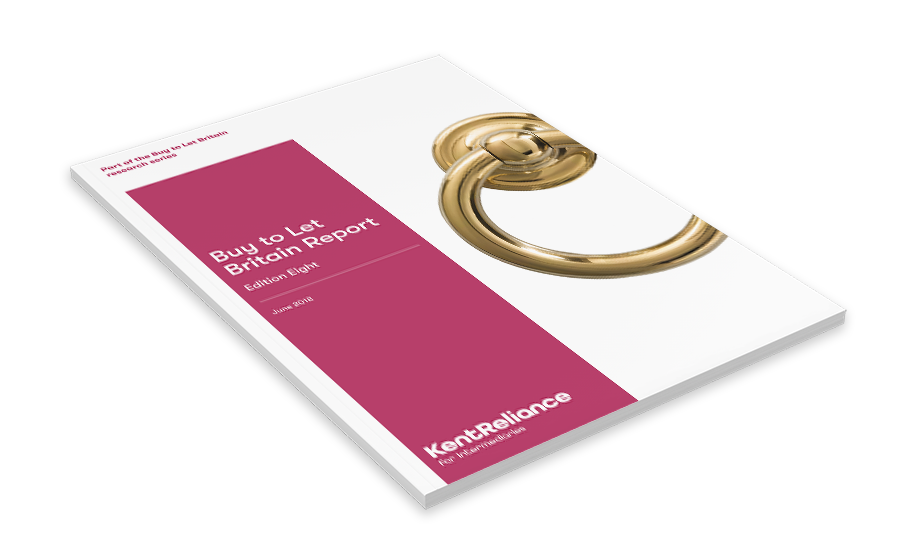
Buy to let Britain
Edition seven
18.11.2017
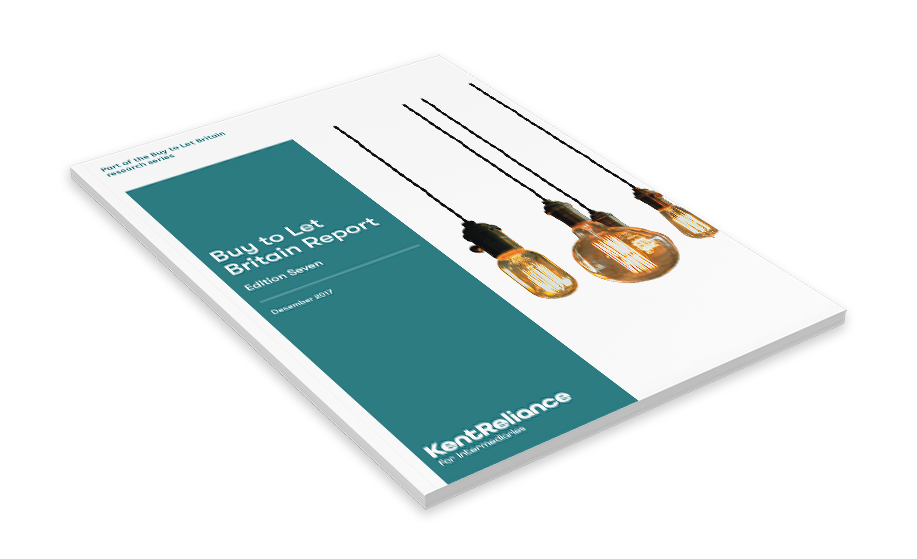
Buy to let Britain
Edition six
13.05.2017
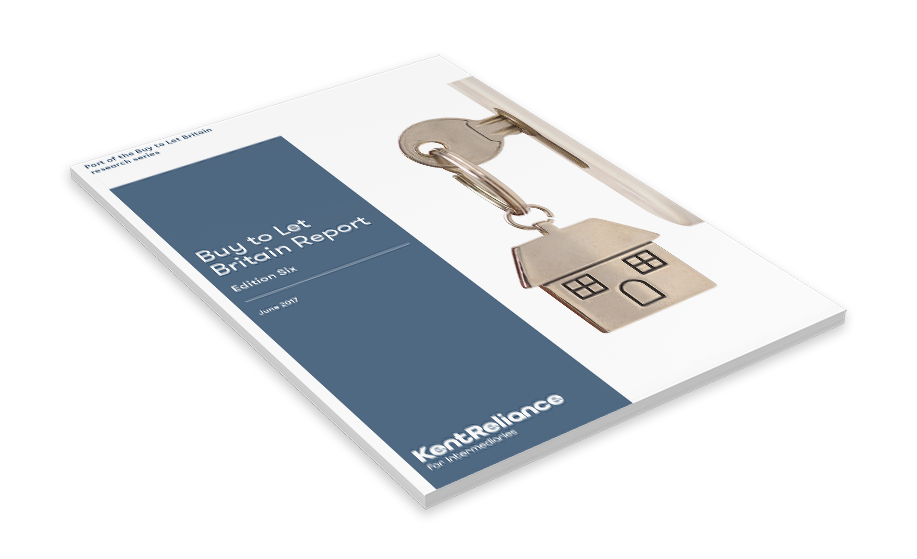
Buy to let Britain
Edition five
18.11.2016

Buy to let Britain
Edition four
19.03.2016
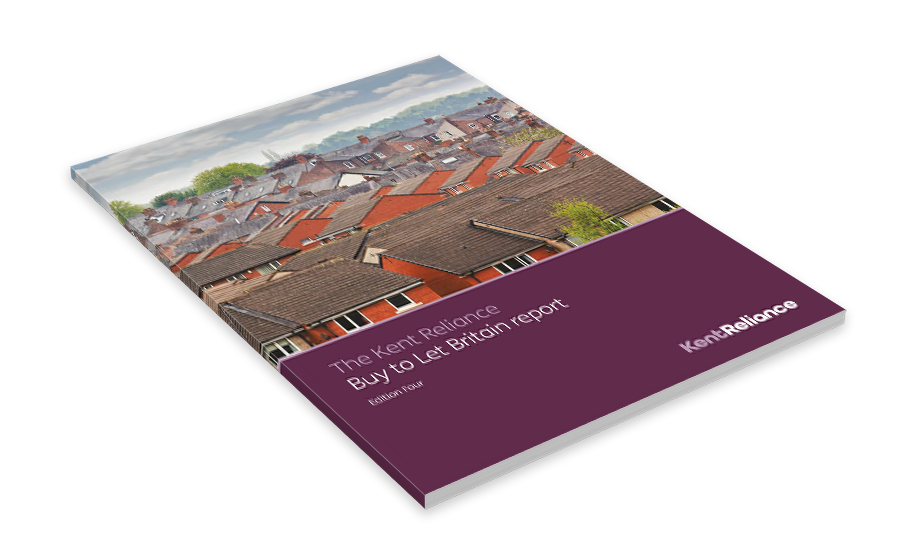
Buy to let Britain
Edition three
12.03.2015
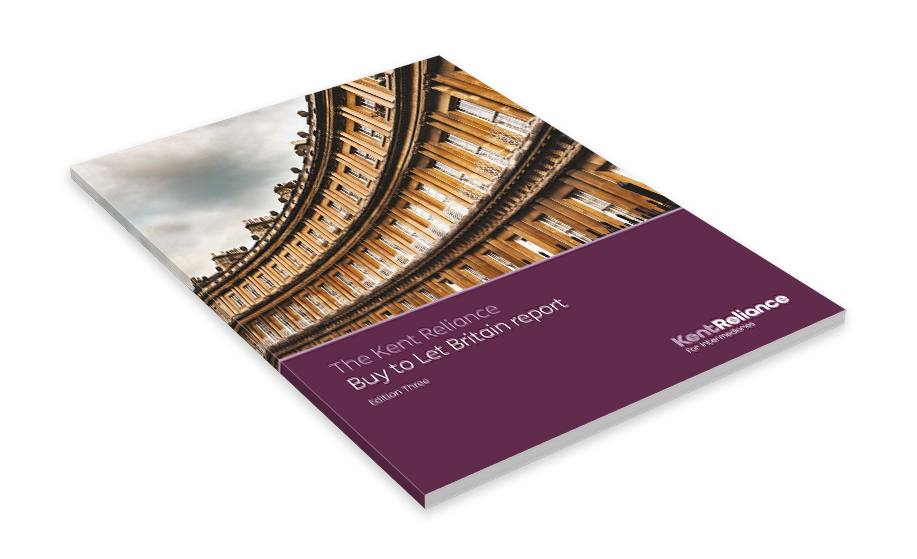
Buy to let Britain
Edition two
12.01.2015
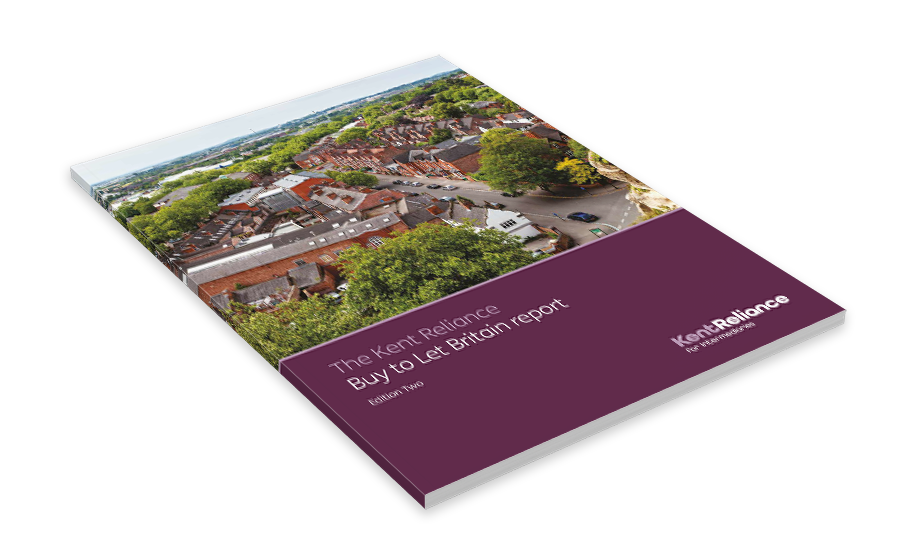
Buy to let Britain
Edition one
10.12.2014
